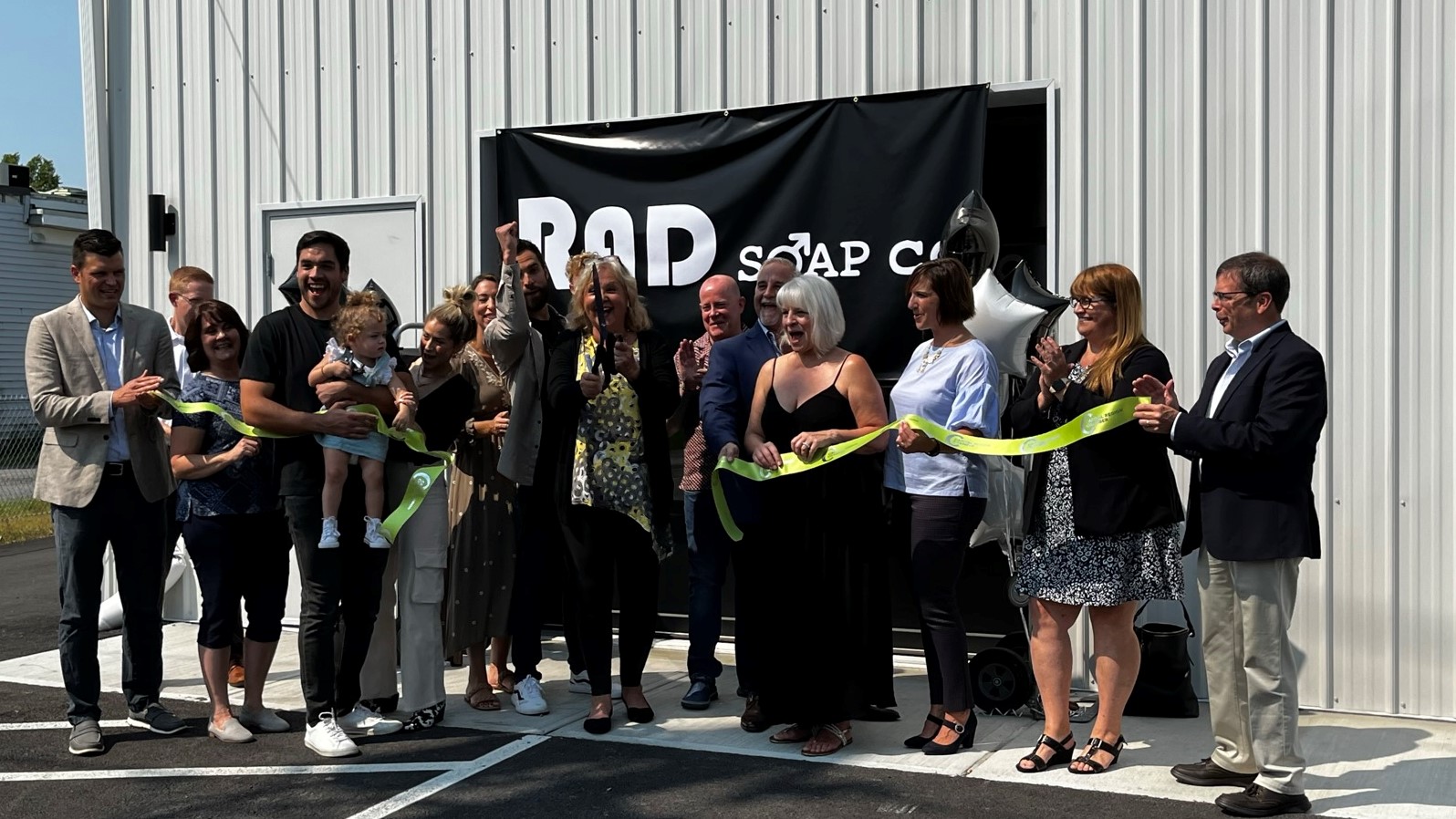

I honestly believe that using completely natural, earth-derived ingredients without chemicals, fillers or unnatural scents is the key to our success.”Īnd no, she wouldn’t let me look inside her beakers. I can’t tell you how many people write to me telling me they’ve given up their $100 French face creams for our Chaga Face Cream. Once people get hooked on our line, that’s it. “Everything from aging and acne, to more serious issues, and even pain.
ANYONE HEARD OF ANY PROBLEMS WITH RAD SOAP COMPANY SKIN
“My goal was always to address skin concerns and needs,” she says. The expansion has been ambitious and fast, but methodical and measured. Kerber also opened a 1,200-square-foot store at Stuyvesant Plaza in Albany. Every year, RAD scaled up about 30%, and in 2015, she started making her lines-which, at its height, had 200 products- at a 15,000-square-foot factory in Menands.

The employees loved it!”īy 2015, RAD was in Whole Foods’ stores across the Northeast, at several other chains and indies across the country, including the Honest Weight Food Co-Op in Albany and Healthy Living in Saratoga. “I went in there, handed out samples of my soap, made a 15-minute presentation, and I was in. She asked me to make a presentation,” she recalls. “A rep for Whole Foods tried our soaps and lotions, and she loved them. In 2012, the moment that every artisanal entrepreneur dreams of happened to her. Kerber accrued a cult following for her line of soaps and lotions, which contain nothing but completely natural ingredients, and none of the parabens, synthetic colors, phthalates or triclosan, many of which have been linked to everything from run-of-the-mill skin flareups to more serious long-term health consequences. That’s what my soap does for people’s skin, and it’s certainly done so for our lives.”

“I needed to radically change my life, and I wanted to radically transform my son’s skin. “What is RAD? It’s radical,” Kerber says. From the beginning, the kids were involved, and it was really a big family project.” “Then on the weekends and for a few hours here and there during the week, I’d set up at farmers’ markets. “It was the perfect job for a stay-at-home mom, because I could still take my two boys around to activities and focus on my daughter, who has Down Syndrome,” she recalls. In a kitchen at their home in Cohoes, she brewed, basted and boiled (probably did some stewing, too) her way to soaps and lotions that worked so well for her son, and the friends and families who agreed to be her guinea pigs, that she started venturing out to farmers’ markets to sell her wares. “But I’ve been obsessed with natural, artisanal soap my whole life, and one of my sons had eczema, so I had already been experimenting with natural soaps when everything happened.” “Everyone thought I was completely insane, and honestly, I don’t really blame them,” Kerber says. But that’s just what Sue Kerber did in 2009. You have no income, and no rich relatives swooping in to save you. One of your children has special needs. You’ve just learned that your husband lost his business, your marriage is crumbling and about to end.

Picture yourself, a stay-athome mother of three.


 0 kommentar(er)
0 kommentar(er)
